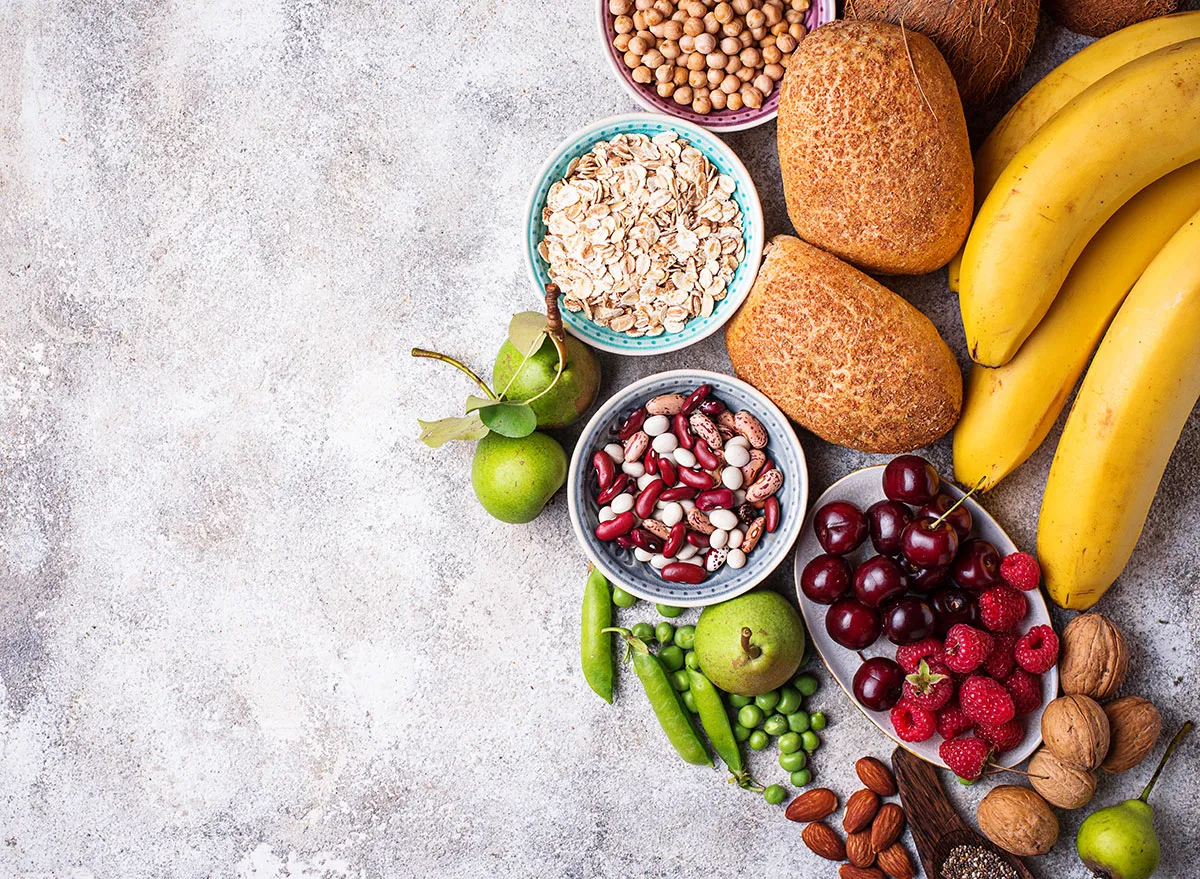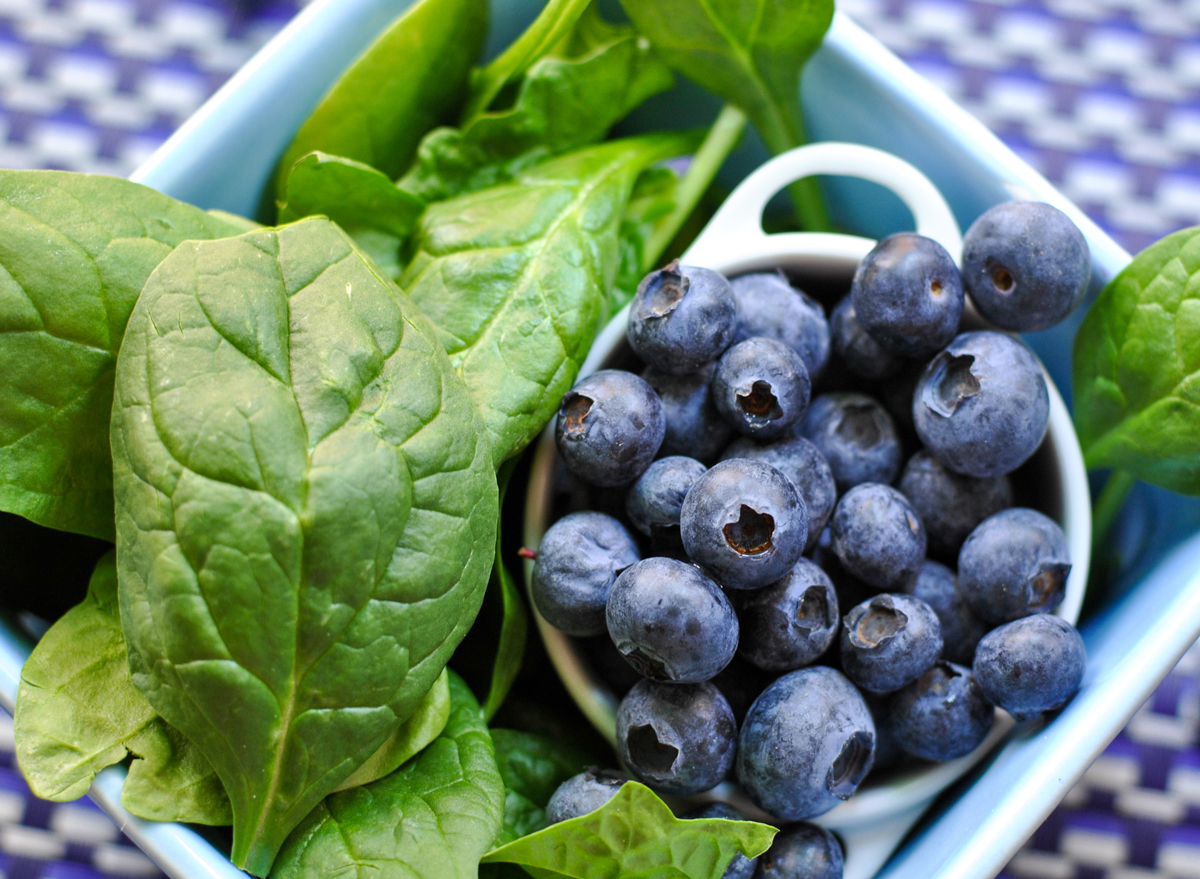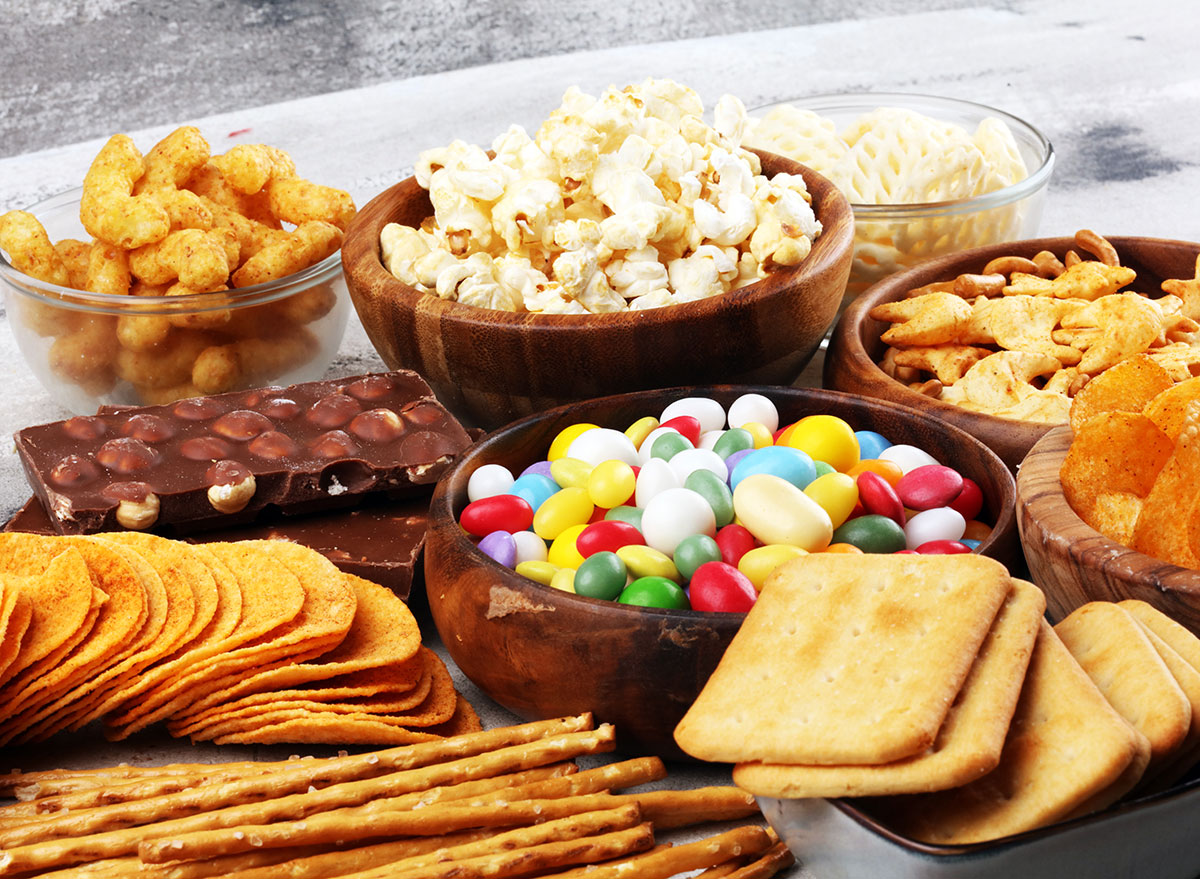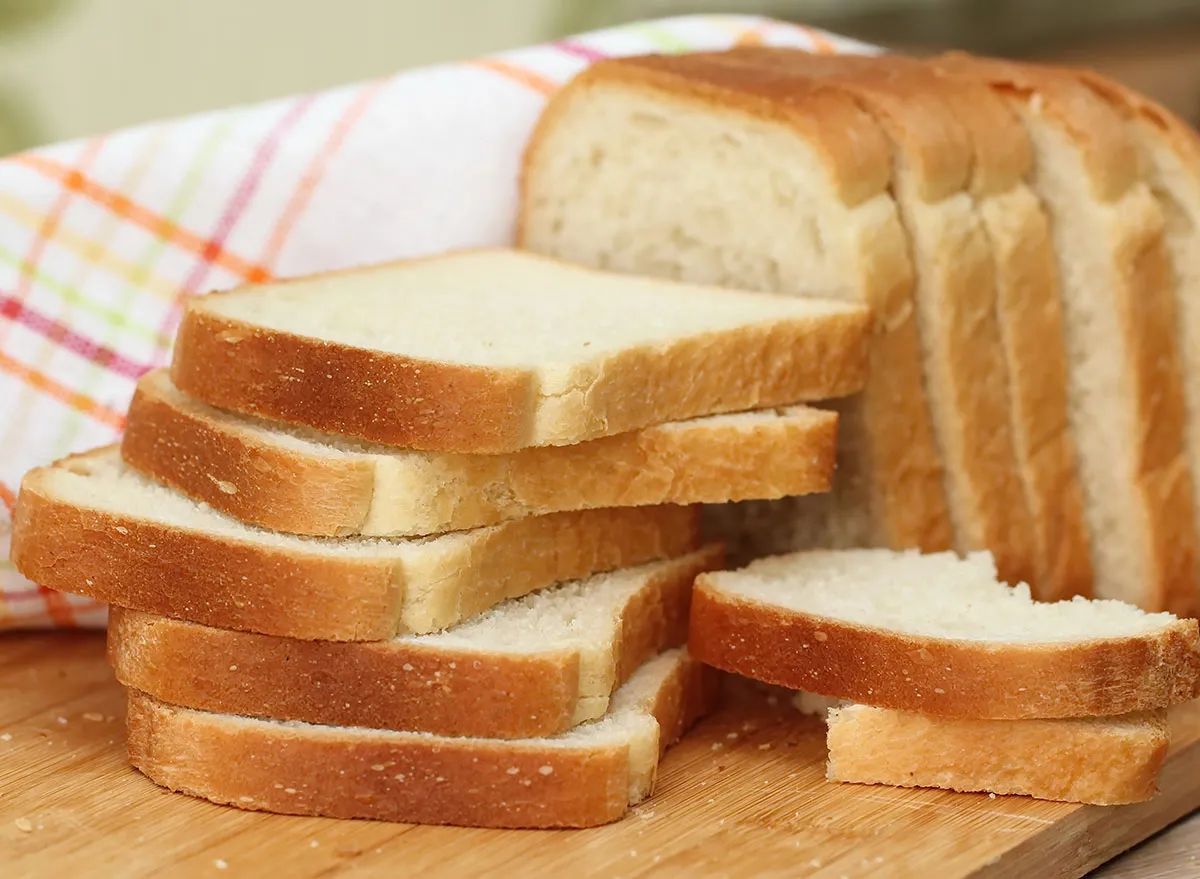From eatthis.com
Experts want you to know that some of these habits may increase your chances of diabetes
We all have our own vices when it comes to food. Some of us may enjoy swinging through the McDonald's drive-through for late-night french fries, while others of us may enjoy a heaping bowl of ice cream with chocolate fudge during at-home movie nights.
Whatever yours is, it's important to treat yourself to the things you enjoy from time to time. However, it is also important to keep an eye on how often you're indulging in these habits, because some of them may lead to health problems if they're done in excess.
For example, type 2 diabetes is extremely common in the U.S. (around 34 million people) and many of the risk factors for developing it are related to your diet and health. Things like high cholesterol, high blood pressure, and a history of heart disease can greatly increase your chances of developing diabetes.
We wanted to find out more about the specific eating habits that may lead to diabetes, so we talked with a few different experts to get their take. Read on to learn more about the eating habits they want you to keep an eye on, but remember, you don't have to completely give up all of the foods and drinks you love. Just make sure to keep these habits in mind.
Skipping out on fibre

Getting enough fibre in your daily diet is one of the most important things you can do for your health. According to Lauren Harris-Pincus, MS, RDN, founder of Nutrition Starring YOU and author of The Everything Easy Pre-Diabetes Cookbook, most Americans fall short of fibre goals recommended by the dietary guidelines.
"Fibre helps to manage blood sugar by slowing digestion and keeping you full, so you'll likely need fewer calories, which can prevent unnecessary weight gain and help lower your risk of things like diabetes," says Harris-Pincus.
Missing the mark on fruits and veggies

Just like with fibre, Harris-Pincus worries that Americans are not getting enough fruits and veggies.
"Fruits and veggies contain fibre, as well as important phytochemicals and antioxidants that can help with insulin resistance, which is the primary cause of elevated blood sugar," says Harris-Pincus, "for example, research has shown that specifically eating strawberries and wild blueberries can have a positive effect on insulin resistance."
Eating too much ultra-processed food

Although they're delicious, processed foods like chips, packaged baked goods, candies, and fast food can quickly lead to health problems, including diabetes.
In fact, a 2019 study from JAMA Internal Medicine found that increasing your intake of ultra-processed foods by by just 10% could increase your risk of type 2 diabetes by up to 15%.
"These foods are loaded with added sugar, saturated fat, sodium, and unnecessary calories," says Harris-Pincus. "Eating them ever so often is ok, but try to stick predominantly to more fruits and veggies, nuts, beans, seeds, lean proteins, whole grains, and low-fat dairy products for the majority of your calories and nutrients."
Too many simple carbohydrates

"Simple carbohydrates, like white bread, white flour pasta, and breakfast cereals, have been linked to spikes in blood sugar that can result in diabetes," says Renee Kindler, Board Certified Family Nurse Practitioner.
According to Kindler, simple carbs can put a huge amount of sugar into your bloodstream at once, and because of this, your body is left trying to figure out how to respond.
"Your body responds to this by pushing out extra insulin, so if this occurs often, your pancreas grows tired and either cannot produce enough insulin to counter all the consumed sugar, or your cells become less responsive to insulin (insulin resistance)," says Kindler.
This, over time, can unfortunately, lead to diabetes. Kindler suggests that "in addition to avoiding foods that are high in sugar, pairing natural sugars with high-fibre foods, healthy fats, and protein can help minimize blood sugar spikes."
Heavy drinking

Alcohol is fairly safe in moderation, but one dietitian warns that drinking it in excess over time may increase your risk of developing diabetes.
"Heavy drinking can lead to diabetes primarily because it causes inflammation of the pancreas and other organs," says Trista Best, MPH, RD, LD at Balance One Supplements. "When the pancreas is chronically inflamed, it is unable to produce insulin at a sufficient rate, and diabetes may develop."
Best also notes that those who are pre-diabetic may definitely want to reduce their alcohol intake.
"Alcohol impacts the efficacy of many oral diabetes medications, is known to lower blood glucose for up to 24 hours after consumption, and can cause over-eating which impacts both weight and glucose," says Best.
https://www.eatthis.com/eating-habits-to-avoid-for-diabetes/
No comments:
Post a Comment